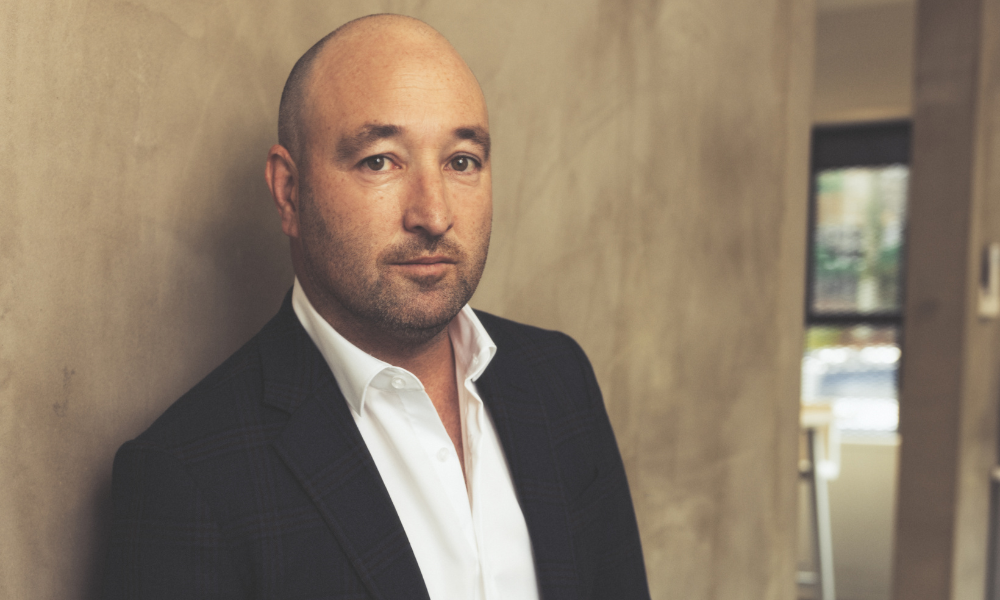Positive step in right direction, says brokerage

Increases to house price caps applying to the First Home Grant and KiwiBuild are positive news for first home buyers, the owner of a mortgage brokerage says.
Effective May 1, price caps applying to the First Home Grant have been raised in areas outside of Auckland and Northland. Price caps applying to the purchase of new build homes have increased in 37 areas, and for existing homes purchased in several districts. There are also changes to the KiwiBuild price caps for three-bedroom homes in certain areas. Additionally, from June 1, the First Home Loan insurance premium will reduce.
Wayne Henry Mortgages director Wayne Henry (pictured above) said that the increases to price caps applying to the First Home Loan and KiwiBuild were a positive step for first home buyers.
“That’s all going to work in favour of first home buyers who may have not able to move into a particular area previously and now they are more than likely able to do that,” Henry said.
Housing Minister Megan Woods said on April 26 that changes were being made to First Home Grants and Loans to “help more people into homeownership”. The updated price caps recognise the change in prices since the caps were last updated in May 2022, Woods said.
The First Home Grant (up to $10,000 per person) requires homebuyers to earn under $95,000 ($150,000 for two or more people) and buy within specified regional house price caps. Borrowers are required to have contributed to KiwiSaver for at least three years and have saved a minimum 5% deposit.
Price caps applying to First Home Grant have increased for new builds and existing properties within specified districts throughout the country (excluding Auckland and Northland). Before the changes, the minimum new build price cap was $500,000, which has since been lifted to $650,000.
The benefits of the government housing schemes are often overlooked, therefore the changes provide an opportunity for advisers to talk to their clients about the benefits, Henry said.
“Clients need to know that we can hold their hand through the process … they don’t need to do it all themselves,” Henry said.
The KiwiBuild programme works with residential developers to increase supply of affordable homes, and Henry said that properties were typically well-located, handy to amenities and public transport.
“If you are an adviser that’s accredited with Kiwibank where you’ve got an additional foot in the market, you should be actively promoting that you’re able to help Kiwis into these types of properties,” he said.
Discussing the insurance premium applying to the First Home Loan for borrowers with a 5% deposit (currently 1% of the loan), Henry said the change, which would reduce the premium to 0.5%, was another “step in the right direction”.
Halving of the premium on a $600,000 mortgage would reduce the cost from $6,000 to $3,000, which Henry said represented a “significant saving” for borrowers. While some cover the cost upfront, many add it to their loan, incurring additional interest, he said.
“In halving that, they may be able to use a cash contribution offered by the bank to cover the cost,” Henry said.
Noting that the changes to the First Home Grant and KiwiBuild did not appear to be well-publicised, Henry said it was important that Kiwis feeling locked into paying rent understood that there was a pathway to homeownership.
“You just need to talk to the right person and ask questions … you can be closer to homeownership than you think,” he said.



